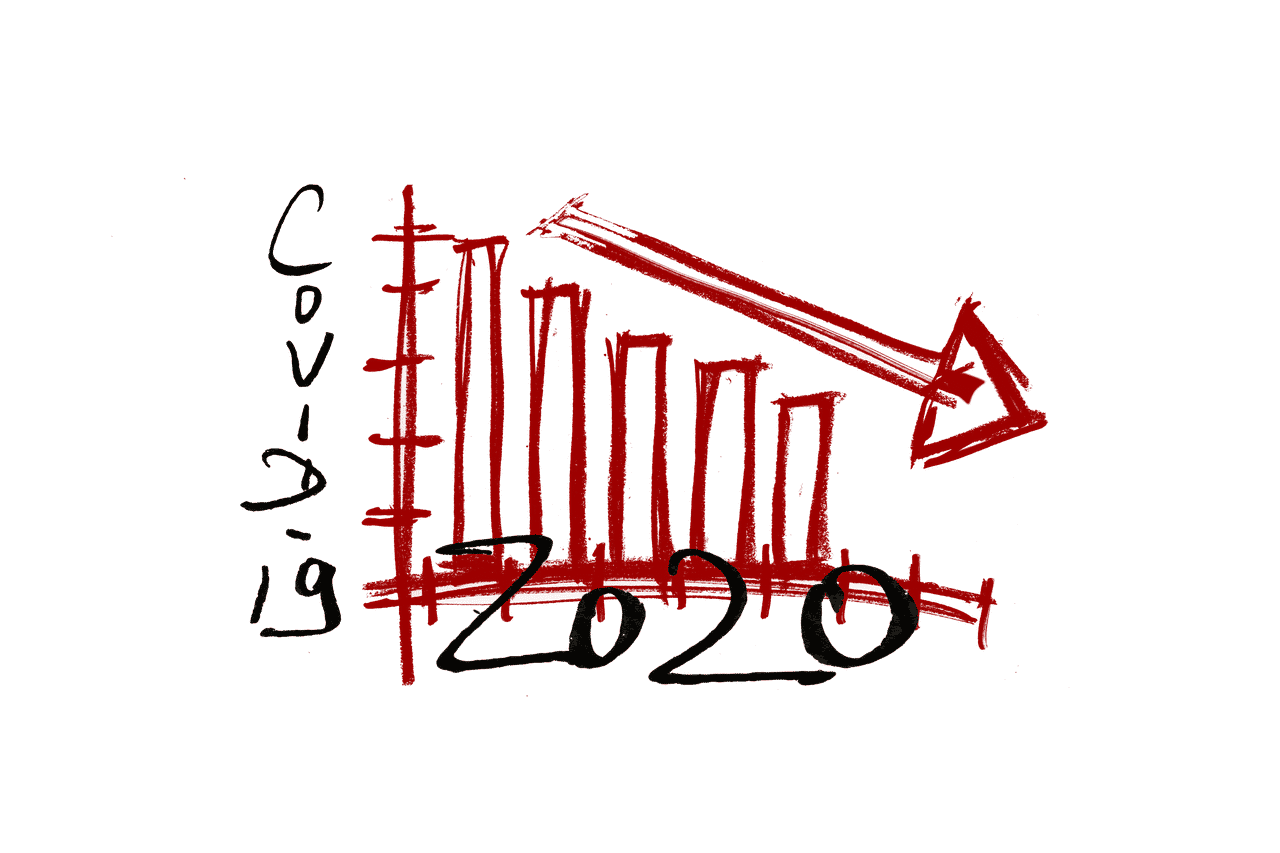The economic slowdown brought by the pandemic led to major financial troubles, especially for small businesses that are still struggling to find their feet in these circumstances. Though experts now believe that the global economy is gradually recovering and may reach pre-COVID levels by the end of 2021, small business owners still need to stay cautious with their finances. Regularly paying off their debts and strictly sticking to a budget could be a good start. The government is also taking several measures to help small businesses survive during these tough times.
Due to reduced demand and sales, cash flow happens to be the major issue for small businesses. Taking a business loan or using a business credit card could help cover the losses until the situation gets better. Major card issuers in India offer credit cards to small businesses. However, if your business is not eligible for credit yet, you can meet certain expenditure using your personal credit card. There are several good credit card options available depending on where you live. For example, in India, options include SBI Credit Card, HDFC Credit Card and ICICI Credit Card which are easily available to self-employed individuals as well.
So, let us talk about a few measures small businesses can take to combat this economic slowdown:
Table of Contents
Opt for Decentralized Decision Making
Instead of letting core committees make companywide decisions, delegate the responsibility to field workers and their managers. Researchers have found that operations with a decentralized command fare better during a recession than those with a centralized command. This is because managers would be better acquainted with the needs of their team and their performance during changing circumstances. Field managers would also be able to share a better picture of their own team a few months down the line, which would help in the core financial decision-making.
Cut Costs and Reduce Your Debts
Pay off your debt as soon as possible or try to stay regular with your payments. Companies that get into recession with a huge debt and reduced cash reserves are more susceptible to a complete shutdown. Meanwhile, businesses that do not have high amount of debt will fare much better during the recession because of lower financial obligations towards lenders. To cut debt you may reassess your business plan, optimize your balance sheet, simplify your business, etc. If required you may sell certain assets without cutting down on core aspects of your business operation.
Explore Alternatives to Layoffs
A mass dismissal is a quick solution to cut costs but it fails in the long run. If you lay off too many employees, you will have to hire and train new employees when demand starts to increase. This will waste your time and resources which would be better invested in meeting the increased demand. Moreover, mass lay-offs will lower morale of your workers and hurt your productivity during the recession. Therefore, consider the following alternatives to mass lay-offs.
Performance based Pay – It allows you to pay your employees on the basis of their performance rather than a fixed income.
Hour reductions – Since demand falls during the recession you can consider lowering the working hours of the employees and thus lower their wages.
Unpaid Leave – You can even send some of your workers on unpaid leave till your business recovers.
Invest in Information Technology
Lowered business demands will free up your time and energy to explore ways to develop your IT infrastructure and digitize. Top reasons to do so are:
- Digitization will improve your analytics and help the management understand how the recession is affecting your business. This will highlight areas that require improvement.
- It will help lower your costs. For example, you can explore ways to continue letting your employees work from home even beyond the pandemic. This will help lower your rent and utilities expenditure. You can also examine your operations and find ways to reduce error rate resulting in increased savings.
- It makes your business more agile and better able to handle the uncertainty and change associated with a recession.
Avail Help from the Government
As a business owner, you should avail all the government aid available. If you have loans, you can even ask your bank to either restructure your loan or reduce the interest rate. Banks and NBFCs are already providing several financial aids to businesses; you should understand the type of financial aid you need. You may need a short-term business loan or emergency cash to cover for a payment. Understand the facilities available for your kind of business and seek help.
You might find it hard to survive the current recession especially if you have recently started your business. But it is during this time that you need to be creative and employ ways to not just survive but thrive. The steps given above should help you get started in the right direction. However, you should continue exploring and employing other methods as well. After all, your business is important to you, your community and your country’s economy.










